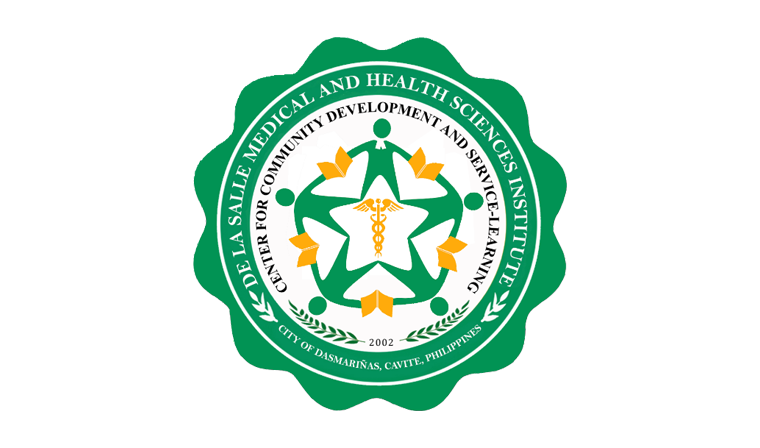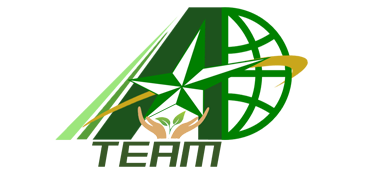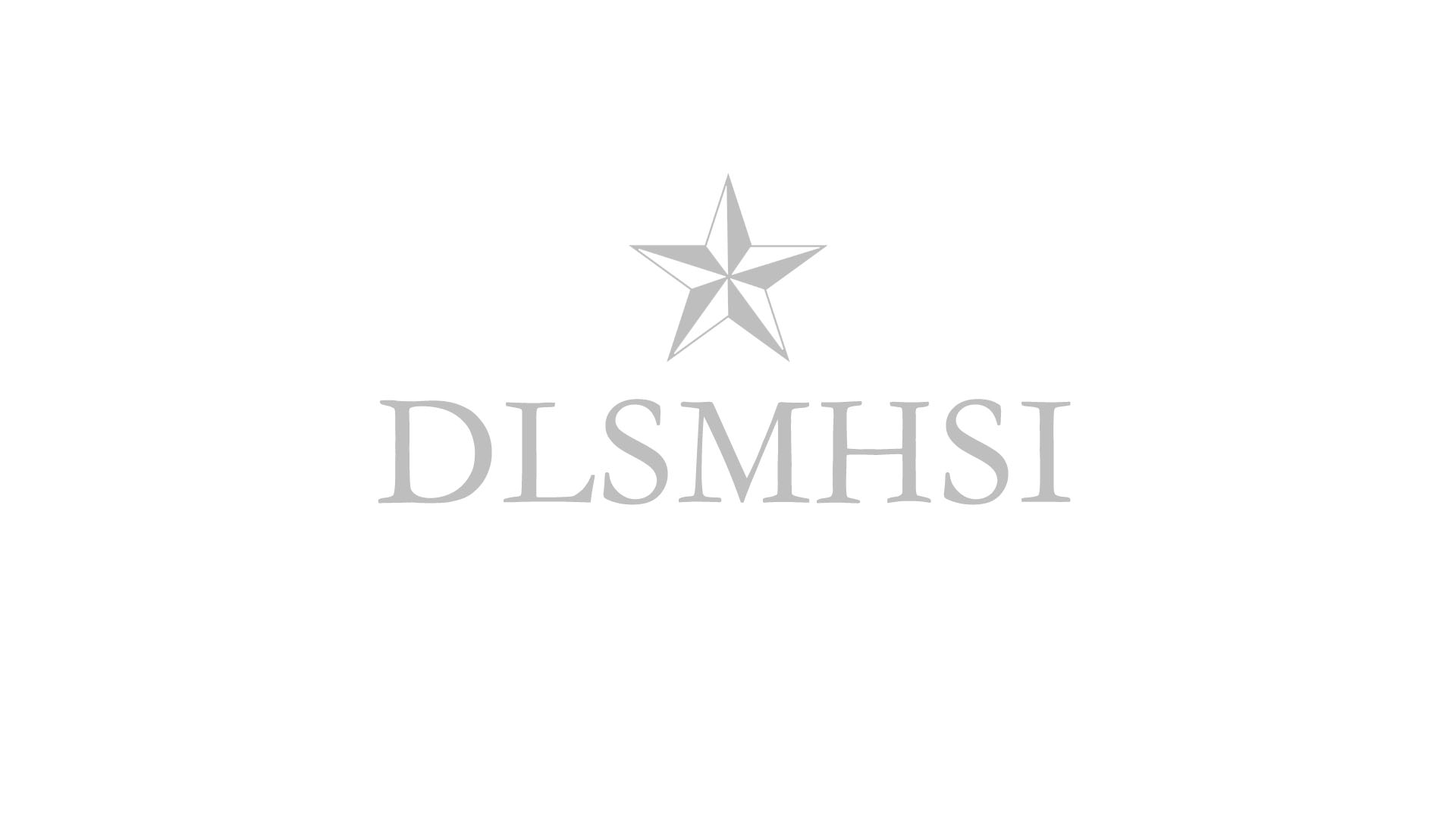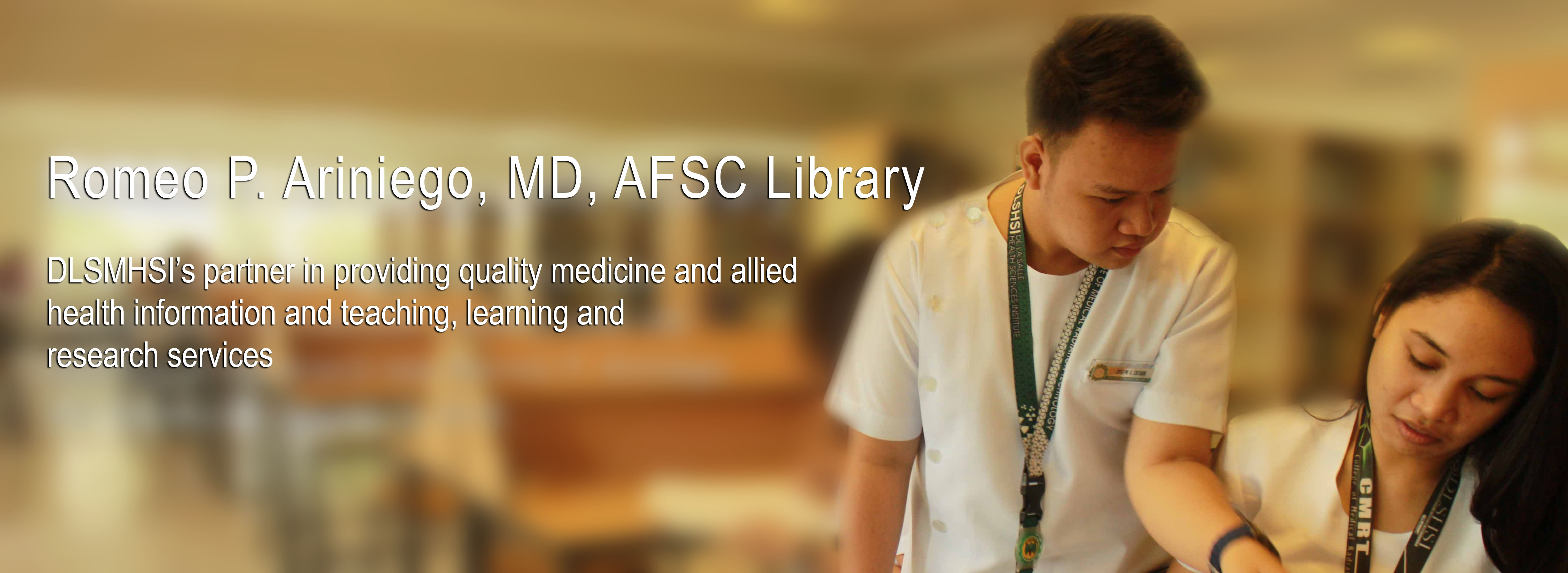
The Core Elements of the CCDSL
In collaboration or partnership with the local communities, the DLSMHSI community is able to fulfill its vision-mission through:
- Research
- Training
- Health care services
- Community-outreach and extension services
Institutional Functions
- Oversees and/or facilitates the planning and implementation of the Community Health Development Program (CHDP) and Community Service-Learning Program (CSLP) in the partner communities.
- Facilitates the integration of the community-based programs of the Colleges of Medicine, Rehabilitation Sciences, and Nursing. In line with this, the Center shall guide the faculty and students as they plan and conduct community activities.
- Provides the Colleges involved in the CHDP with regular quarterly report related to its progress.
- Gathers, keeps and updates profiles of communities that may benefit from the community-health related projects and programs of the different Colleges of DLSMHSI.
- Gathers, keeps and updates profiles of local government units, local government agencies, and non-government organizations/agencies that may be considered potential partners for community-health related projects and programs of the different Colleges of DLSMHSI.
- Assists Colleges that may need support for the planning and implementation of community service-learning activities, taking into consideration the requirements of their respective accrediting bodies.
- Equips faculty members and students with the basic knowledge and skills in community organizing, community health development, social mobilization, and the like, as deemed necessary by the respective Colleges.
- Regularly monitors and evaluates the CHDP in the partner communities, the community-oriented projects, and other community-extension services of the Academics Community. The Center shall keep documentations of community projects that may be necessary for future reference.
- Provides the Colleges with recommendations or feedbacks that will aid in the sustainability of the community-related projects and programs of the faculty and students.
- Determines strategies in keeping and maintaining the mutually beneficial collaboration between the Institution and the partner communities in achieving the former’s mission and vision.
- Contributes to the sustainability of projects and programs that were established with the partner communities.
- Collates relevant data for continuous learning and development in designing and implementing projects as well for research purposes.



